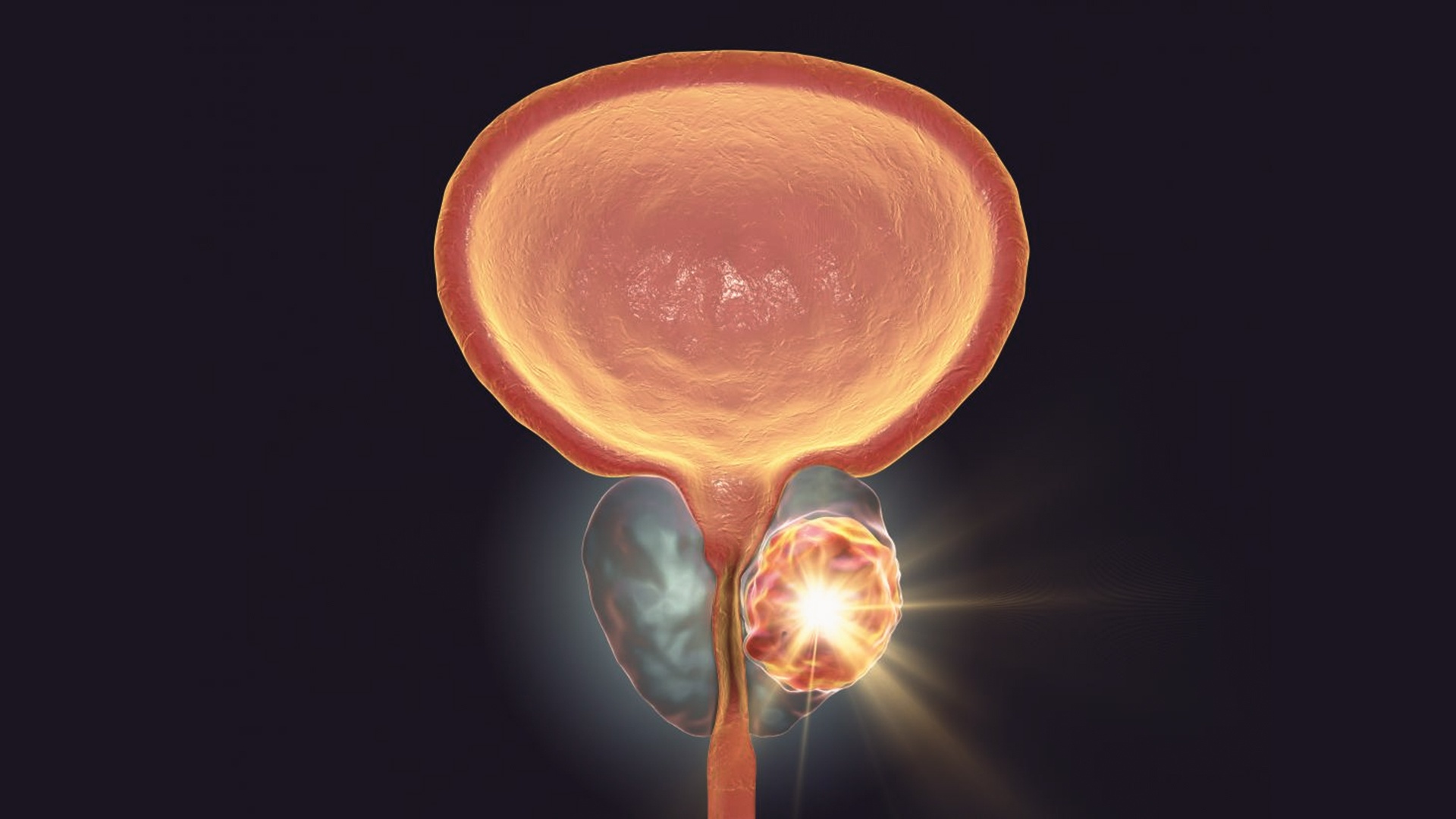Cancer which was unusual in early times now becoming most prevalent. Prostate cancer is cancer that occurs in the prostate – a small walnut-shaped gland in men that produces the seminal fluid that nourishes and transports sperm. Prostate cancer is one of the most common types of cancer in men. Usually, prostate cancer grows slowly and is initially confined to the prostate gland, and does not harm much. some types of prostate cancer grow slowly and may need minimal or even no treatment, other types are aggressive and can spread quickly.
Read More:Yoga Ball: Benefits And Uses
Symptoms
•Trouble urinating
•Decreased force in the stream of urine
•Blood in semen
•Discomfort in the pelvic area
•Bone pain
•Erectile dysfunction
•in some cases, pain on ejaculation •difficulty getting or maintaining an erection
•pain or discomfort when sitting, if the prostate is enlarged
•Bone fracture, bone pain, especially in the hips, thighs, or shoulders
• swelling in the legs or feet weight loss
•Tiredness
Read More: Yeast: Nutrition & Benefits
Causes
Cancer begins when some cells in the prostate become abnormal. Mutations in the abnormal cells’ DNA cause the cells to grow and divide more rapidly than normal cells do. The abnormal cells continue living when other cells would die. The accumulating abnormal cells form a tumor that can grow to invade nearby tissue. Some abnormal cells can also break off and spread (metastasize) to other parts of the body.

Risk factors
– Age
Risk of prostate cancer increases as you age.
– Race
Black men carry a greater risk of prostate cancer than do men of other races. In black men, prostate cancer is also more likely to be aggressive or advanced.
Read More:How To Stop Nail-Biting ?
– Genetic
A family history of genes that increase the risk of breast cancer or a very strong risk of prostate cancer may be higher.
– Obesity
Obese men diagnosed with prostate cancer may be more likely to have advanced disease that’s more difficult to treat.
– Complications:
•Cancer can spread: Prostate cancer can spread to nearby organs, like bladder, or travel through your bloodstream or lymphatic system it can cause pain if spread out in bones.
•Incontinence: Both prostate cancer and its treatment can cause urinary incontinence. Treatment for incontinence depends on the type you have, how severe it is and the likelihood it will improve over time. Treatment options may include medications, catheters, and surgery.
•Erectile dysfunction: Erectile dysfunction can result from prostate cancer or its treatment, including surgery, radiation or hormone treatments. Medications, vacuum devices that assist in achieving erection and surgery are available to treat erectile dysfunction.
Prevention
1- Choose a healthy diet full of vegetables and fruits
2- Nutrient diets

3- add vitamins
4 Exercise daily
5- Avoid fast food, beverages, alcohol tobacco
6-Maintain weight
7 Consult your doctor from time to time.
